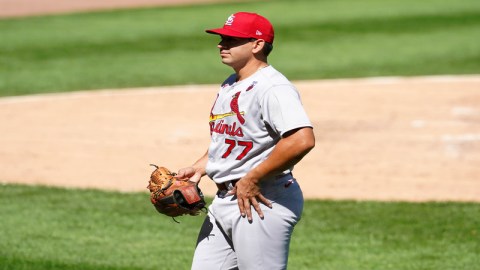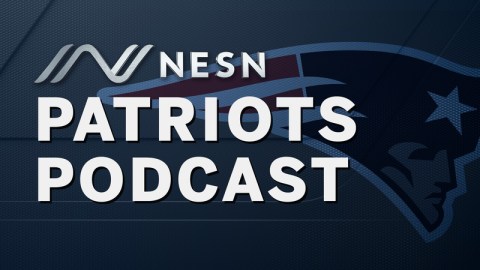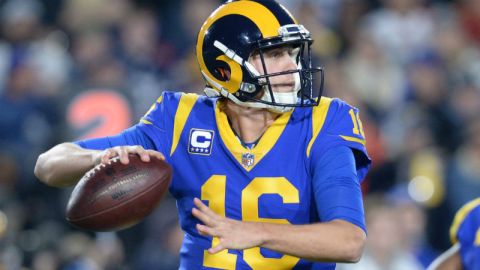The following is taken from a speech Jack delivered at the Living Proof: Celebrating Survivorship conference in June 2009.
My name is Jack Coates and I am a cancer survivor. In May 2001, when I was 19, I was diagnosed with a brain tumor called medulloblastoma. This news came the same day I planned to move out of my parents' house into my own place with my buddies.
In high school, I had been a baseball player, soccer player, and wrestler. I weighed 180 pounds and had a full head of thick, brown, wavy hair. I became a pitcher on my college baseball team, but after one year I decided college wasn't for me.
I started working at the Port of Boston, driving new Audis and Volkswagens off carrier vessels and delivering them to dealerships. It was a dream job, I was making good money, and my life was headed in the right direction.
The day I was due to move, I also had an appointment with my primary care doctor. I had been experiencing headaches, vomiting, and sensitivity to light. My family and I thought I had allergies. How wrong we were.
After a CT-scan and an MRI, I learned I had a brain tumor and underwent surgery right away at Children's Hospital Boston. After that, I received chemotherapy and radiation treatments at Dana-Farber for two years.
My treatment is finished now, but I still go to Dana-Farber, where the professionals at the Stop & Shop Pediatric Neuro-Oncology Outcomes Clinic help me manage the physical and emotional long-term effects of my disease and its treatments.
It's hard being diagnosed with cancer, but even harder to be a survivor. I'm slower than I used to be, and not as strong.
For example, I no longer go to Fenway Park for a Red Sox game because it's a crowded place where people are always in a rush. I can't move as quickly as they do, and if I'm carrying a drink it's usually knocked over before I get to my seat.
The last time I was there, I fell down the stairs. When I saw the look on my mom's face as she helped me up, I decided it would be better to watch the games from home.
I have a lot of worries as a cancer survivor. For example, if other people get hiccups, they drink water or hold their breath, and the hiccups go away. If I get them, I have to go for an MRI, because hiccups can signal a brain tumor.
Now that my treatments are finished, I worry about the long-term effects of the chemotherapy and radiation treatments. I also worry about my annual MRI: Will I find out the tumor is back?
I missed out on so many fun things a normal young man does, such as night-clubbing and travel. I still live with my parents. I'm tired all the time and go to bed at 9 or 10 p.m. most nights.
At times I get lonely, but on the other hand, I often feel lucky. I've had the opportunity to go to school, play sports, and go to proms. I've had many friends, and even learned to drive.
Many of the friends I met on my cancer journey have not experienced any of those things. And some of the friends I made along the way never had the chance to say they were survivors.
I have made new friends through a support group for teen and young adult brain tumor cancer survivors called STEPS, or Success through Education, Psychosocial Support, and Socialization. We meet once a month for dinner, games, and discussions. We arrive early and stay until they throw us out. We are very comfortable with one another; we can be ourselves, say what we feel, and not be judged. For many of us, this meeting is the high point of our month.
My family has steered me through my years as a survivor. My mom makes me get out of bed, take classes, and attend career fairs. She is helping me search for part-time employment. She encourages me to go to the gym and work out, to keep my arms and legs strong.
My dad helps me with whatever I need, even if it's just to ask mom to back off. My sister Kelly reminds me that I am a big boy and that I need to get up and do things for myself. And whenever my older brother Steven gets a headache, he goes to his PCP and requests an MRI.
I'm grateful to the organizers of STEPS, as well as the doctors, nurses, therapists, and friends I've met through my experience of being a cancer patient and survivor. And I'm especially grateful to my family for their love, encouragement, and never-ending support.
This story originally appeared on the Dana-Farber Cancer Institute website. For more information on Dana-Farber and the Jimmy Fund, visit dana-farber.org and jimmyfund.org.



